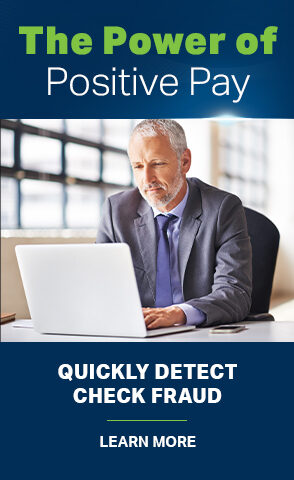Data Breaches Affect Everyone
The rapid evolution of technology has caused business owners to scramble to accommodate constant software updates. In recent years, data has become the most valuable resource on the planet, even more so than oil. We are chronically connected and in constant communication, which gives hackers access to personal information regarding our personalities, spending habits, and vital demographics. As the number of cyberattacks increases across the globe, data protection has become more crucial than ever before.
In June 2021, the U.S. Senate introduced the Data Protection Act of 2021 to safeguard each person’s data privacy and ensure fair data practices. In addition, in recent years certain states have passed legislation to better protect consumer data, including the Virginia Consumer Data Protection Act, New York’s SHIELD Act, and the California Consumer Protection Act. While this legislation is undoubtedly a step in the right direction, greater data protection is still needed as technology advances more quickly than laws are passed.

As of May 2021, the U.S. government has enacted a zero trust strategy, which means legislation regarding data security has become more stringent than ever before. The document detailing the zero trust strategy states:
“The United States Government faces increasingly sophisticated and persistent cyber threat campaigns that target its technology infrastructure, threatening public safety and privacy, damaging the American economy, and weakening trust in Government…. The Federal Government can no longer depend on perimeter-based defenses to protect critical systems and data. Meeting this challenge will require a major paradigm shift in how Federal agencies approach cybersecurity.”
It is time for business owners to take the responsibility of data protection into their own hands. Any business that wishes to remain relevant in today’s digital world must assure consumers their data is handled and stored with the utmost security. As global threats to our security become more prevalent, data protection is paramount for businesses of all sizes to protect their consumers and commerce at large.
Data breaches affect everyone
Cybercriminals have become more adept at fooling vulnerable consumers and entrepreneurs. Since Covid-19 began, there has been a 600% increase in cybercrime. Recently, it has become common for cybercriminals to pose as the CDC or WHO to gain access to valuable consumer data.
Nearly nine out of 10 (86%) of data breaches are financially motivated, meaning that cybercriminals are looking to access consumer credit card or banking information. However, it doesn’t stop there. Cybercriminals are also looking to gather protected health information (PHI), personally identifiable information (PII), or intellectual property.
Small businesses may think that data breaches only occur within large, well-known companies. However, small businesses are arguably the most vulnerable to cyberattacks. Furthermore, a cyberattack can be especially detrimental to smaller operations that lack the capital to invest in cybersecurity.
Whatever the size of your business, there are actionable steps you and your team can take to improve the company’s security in the face of cyber threats.
3 steps to improving your company’s data security
1. Review your safety mechanics
Ensure that your team monitors its most vulnerable systems—such as websites, non-secure portals, and smart devices—for the utmost safety.
2. Employ role-based access control (RBAC)
Role-based access control means that only staff members who require company data to perform their duties should have access to this information. When businesses adhere to an RBAC protocol, then your company has the power to decide which employees require access to sensitive information based on their role. This approach limits the spread of highly sensitive data and decreases the likelihood of a data breach.
3. Implement endpoint protection software
Endpoint protection software prevents employees from accessing non-secure web pages. When employers restrict access to certain websites, it reduces data breaches by limiting the exposure to malware and other harmful software lurking online.
Everyone must take responsibility for data security
Data security does not exist within a vacuum. If one company is the victim of a data breach, the effects can quickly spread to another business through partnerships, third-party dealings, and integrated systems. From there, the consumer base of each affected business is now in the crosshairs.
Nowadays, consumers are generally aware that companies store their data for convenience. But the harmful potential of a data breach is hard to fully comprehend. The data that businesses maintain on their customers typically includes sensitive information such as the following:
- Name
- Address
- Email address
- Phone number
- Health information
- Bank and credit card information
Business owners must be mindful that the effects of a cyberattack can quickly spread to disastrous proportions. Cybercriminals can gain access to customer data and that of employees, business partners, and network contacts, to name a few. As a result, large and small businesses alike should ensure that all data is as secure as possible.






